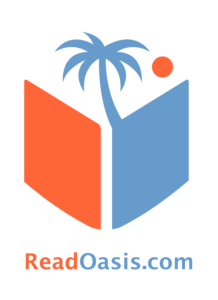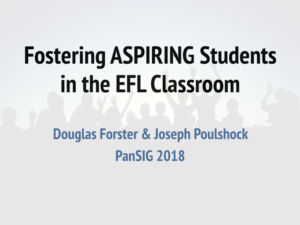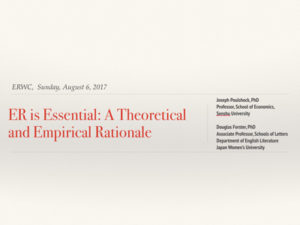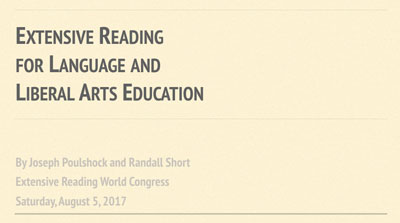 We gave a brief panel talk about ReadOasis at the The Sixth Annual Conference on Global Higher Education at Lakeland University, Japan. It’s a great conference! We enjoyed the presentations by the other panel members: Mark Feeley, from Lakeland University, gave a talk entitled “Improving Academic Literacy.” And Christopher Tempest, from Sojo University, talked about: “Implementing Quizlet in a Japanese EFL University.” We also enjoyed the atmosphere at Lakeland — very friendly and pleasant!
We gave a brief panel talk about ReadOasis at the The Sixth Annual Conference on Global Higher Education at Lakeland University, Japan. It’s a great conference! We enjoyed the presentations by the other panel members: Mark Feeley, from Lakeland University, gave a talk entitled “Improving Academic Literacy.” And Christopher Tempest, from Sojo University, talked about: “Implementing Quizlet in a Japanese EFL University.” We also enjoyed the atmosphere at Lakeland — very friendly and pleasant!
We wish to thank everyone who attended our talk. — Joseph Poulshock & Douglas Forster
 By Doug Forster and Joseph Poulshock
By Doug Forster and Joseph Poulshock JASEC Twenty-Sixth Annual Convention
JASEC Twenty-Sixth Annual Convention
